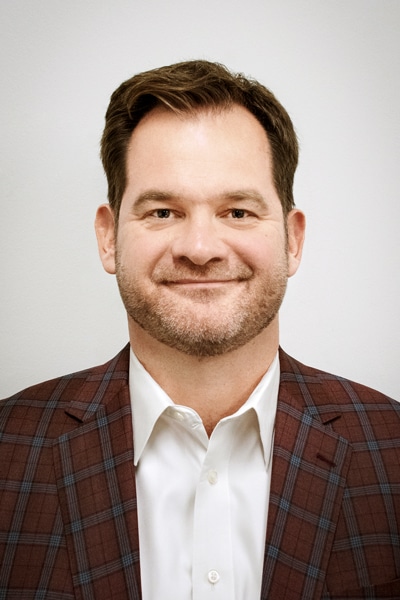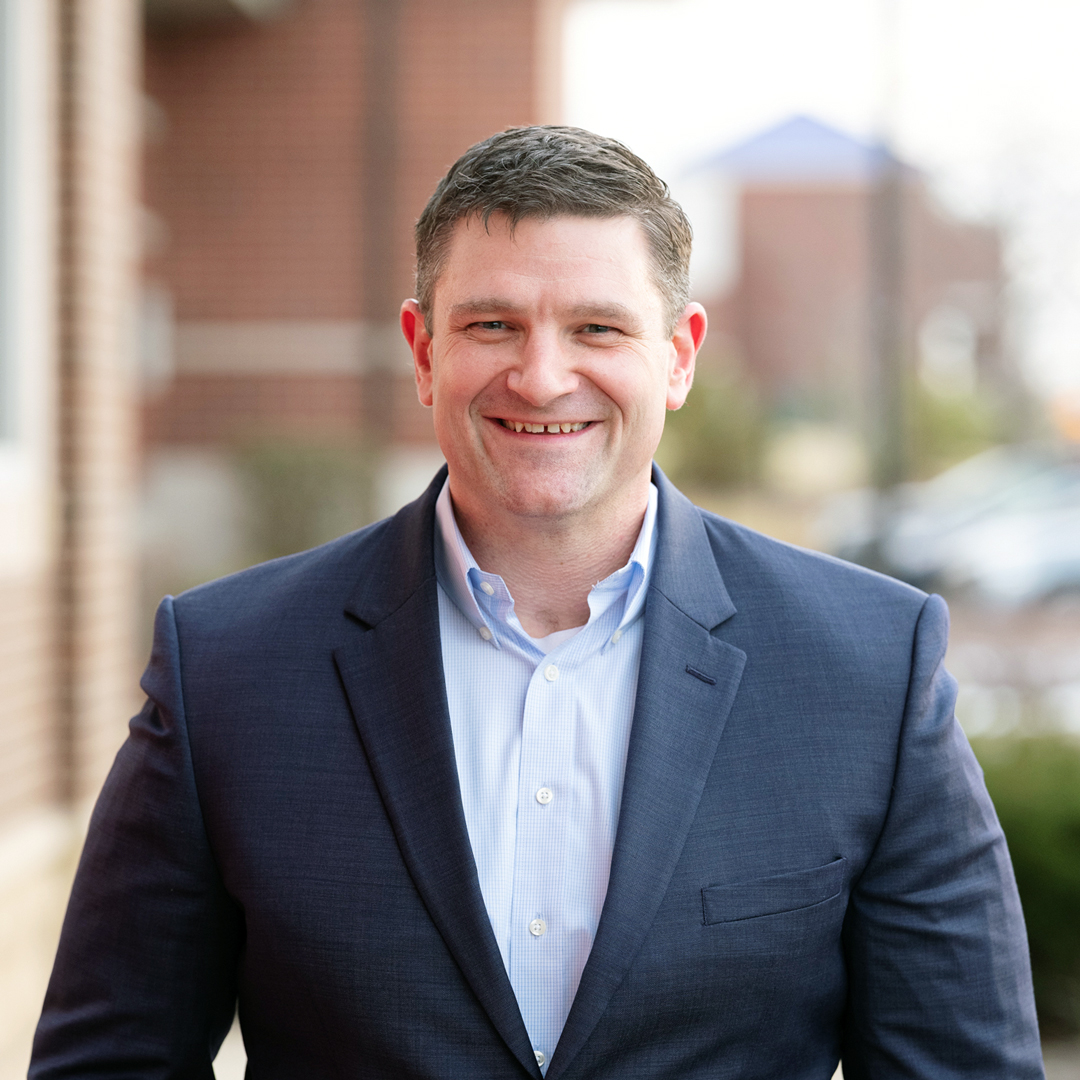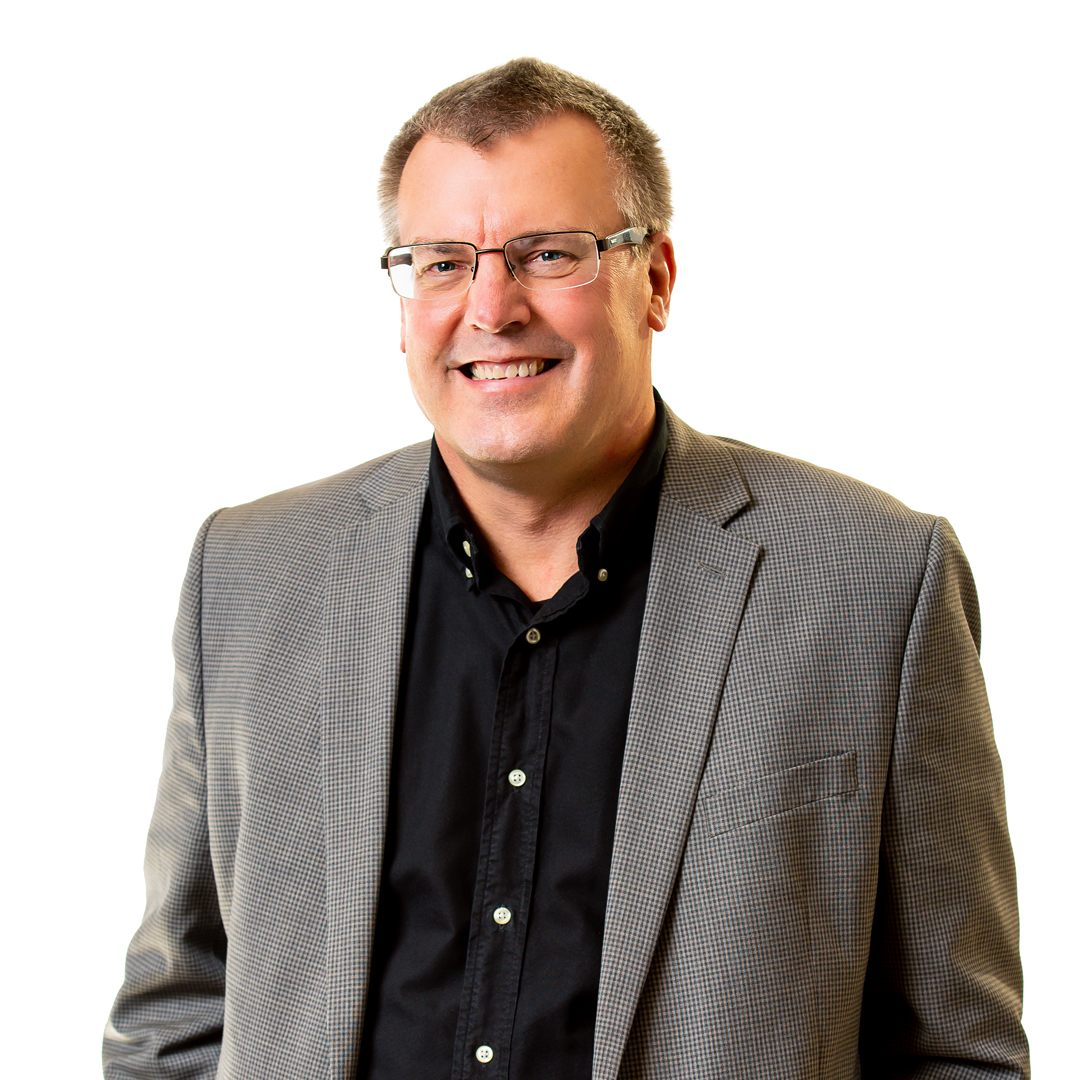|
Getting your Trinity Audio player ready... |
Global food and beverage supplier Tate & Lyle is grounded in history. More than 160 years old, the company not only is one of the early members of the London Stock Exchange but also holds a Guinness Record as Britain’s oldest brand. As vice president and global head of tax, Lawrence Pociask has found a delicate balance between helping to forward the company’s long line of iconic work while using cutting-edge technologies to carry the company into the future.

Pociask’s own history in the tax profession began twenty years ago with his role as an “all-arounder” at Ernst & Young, where he was responsible for “looking after all aspects of the tax life cycle.” But soon, Pociask’s talent earned him an opportunity to do a rotation at the firm’s national office in Washington, DC.
“It was a thought leadership role,” Pociask reflects. “I worked with folks at the IRS, the Treasury Department, and folks on the Hill—when any new regulations or statutes or significant court cases came out, I needed to analyze them, put alerts out to our offices, and help brainstorm for our go-to-market strategy.”
And in the mid-2000s, that combination of vision and technical depth propelled Pociask to one of the firm’s most cutting-edge areas of work: technology. Pociask took on a role in the firm’s EMEIA Tax Centre focused on tax technology.
“I was looking for opportunities to utilize technology to deliver tax services in different areas of Europe,” Pociask recalls, “opportunities to use technology to streamline the asset review process in Germany or make a research and development tax credit study in the UK more efficient. That sort of work is commonplace today, but back then it was forward-thinking and really exciting.”
Even after coming back to the United States and accepting an in-house role at Tate & Lyle, Pociask continued to push the boundaries of tax functionality.
“The company was moving their headquarters to the Chicago area at the time, so it was a truly unique chance for everyone in administrative support functions, including tax, to hit the reset button,” says Pociask, who quickly took advantage of that reset to present a new vision for the company’s tax function.
“Most other business functions tend to be focused on today and on the future, but tax lives in the past as well as the present and future.”
“We were previously viewed as being largely compliance-focused, but I wanted to become more of a trusted business advisor,” he recalls. “Most other business functions tend to be focused on today and on the future, but tax lives in the past as well as the present and future. We are the only people able to answer questions about something that happened seven years ago and in the very next breath field a question about tax rates in 2025.”
“As a result, we have a unique ability to provide best-in-class recommendations and forecasts to the business,” the VP continues. “We have a duty to help the company pay its fair share of taxes, but we also have a real capacity to act as advocates and partners for the company as it enters new markets and considers growth opportunities.”
Today, Pociask constantly looks for ways to inspire that kind of advocacy and partnership from his teams. “Tate & Lyle has a long legacy,” he notes, “and it’s up to us to help continue that.”
And to Pociask’s mind, the best way to continue the company’s history of success is to embrace the most cutting-edge technological trends.
“If I were to look into a crystal ball to see the world twenty, thirty years from now, I would see a world in which everything that is done on a transactional level happens in real time,” Pociask says. “Some countries, like Brazil and Mexico, are starting to do that even now, but I truly believe that’s the direction for everyone.”
“We have a duty to help the company pay its fair share of taxes, but we also have a real capacity to act as advocates and partners for the company.”
There are three main “megatrends” driving that future, Pociask explains: automation, systematization, and dashboarding. Tate & Lyle is currently going through a number of efforts to automate and systematize their transactions, the VP says, ensuring a higher degree of accuracy as well as efficiency.
Dashboarding, Pociask notes, has the potential to affect far more than the mere operations of a company. Today, organizations across the globe are required to report their generated income, taxes, and payroll for each country in which they operated. By using dashboard technology, those reports can be integrated into a “social scorecard” showcasing an organization’s global operations.
“These days, businesses can receive a lot of criticism from the press and the public because they don’t pay income tax,” Pociask says, “but what people often don’t realize is that those companies pay millions and billions of dollars in payroll and property taxes. That money goes to fund governments, too. Social scorecards can help us tell the stories that aren’t being told.”
Talking about Taxes
As told by Lawrence Pociask
“Like many other companies, Tate & Lyle is very active in the community and encourages employees to take time off to volunteer. But one of the most meaningful experiences for me personally has been my involvement with an organization called Ladder Up, which helps lower income individuals, or folks that don’t have the resources to seek professional financial help, to complete their tax returns. Taxes can be very complicated and intimidating, and this is a unique way for me to use my particular skill set to ensure that the mom with four kids at home and several different jobs gets the large tax refund she deserves.”

